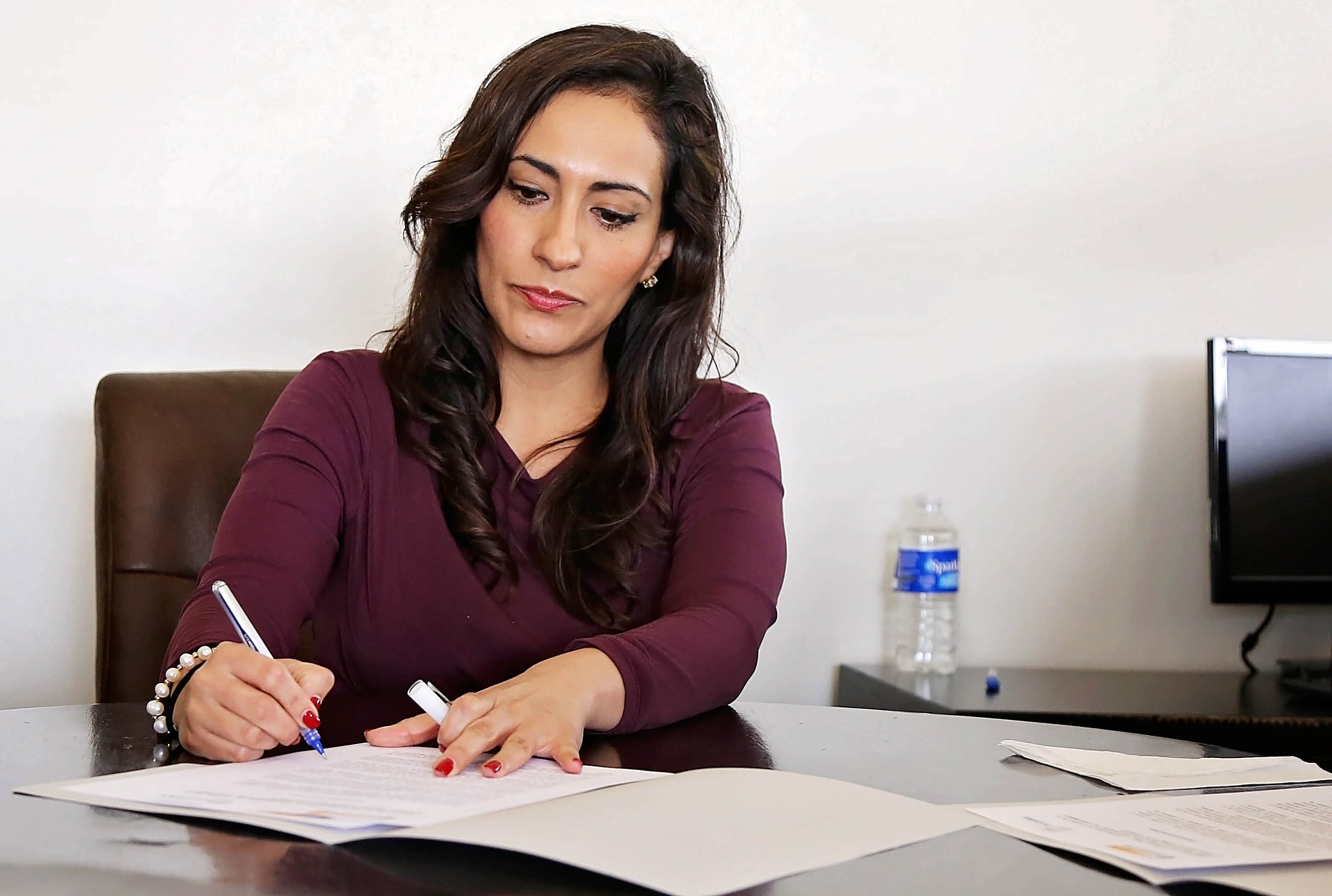Financial Freedom:
Keys to Women’s Security
Women have unique financial needs and goals, and it is important to address these needs through comprehensive financial planning. Today’s women must be proactive in preparing for their financial future by considering long-term objectives, such as retirement savings and estate planning. Through careful preparation and strategic planning, women can gain the confidence they need to make sound decisions that will help secure their financial well-being.
Financial Preparation for Women: Taking Charge of Your Financial Needs
In today’s world, women are more independent and successful than ever before. However, despite this progress, they still face unique challenges when it comes to financial planning. Women earn less on average than men do, which means that they have to work harder and be smarter about budgeting and saving. Additionally, many women take time off from their careers to care for children or family members, which can impact their earning potential in the long-term.
To overcome these obstacles, it’s important for women to be proactive about managing their finances. This starts with setting clear financial goals and creating a plan to achieve them. Whether you’re saving for retirement or looking to buy a home, having a solid plan in place can help you stay focused and motivated as you work towards your goals.
You need to act. Let’s get started.






